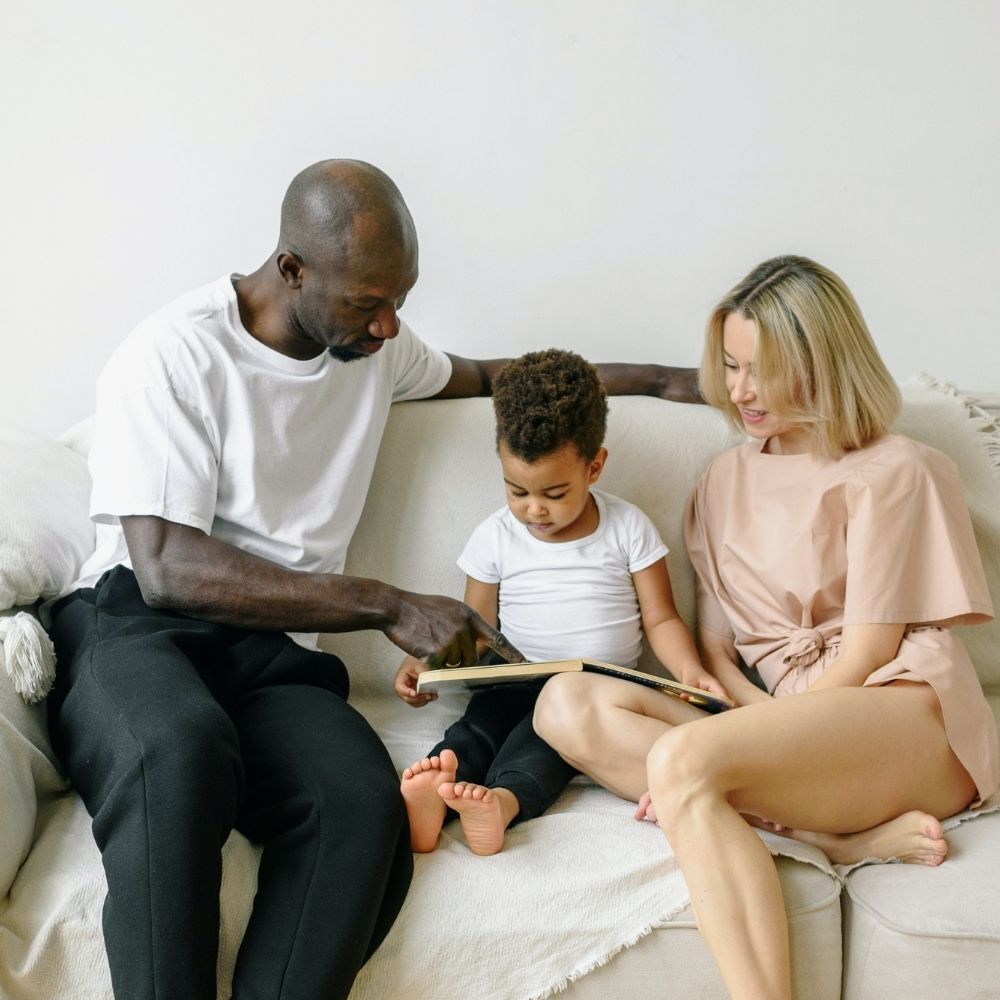| Contents: |
The definition of consent
We often talk about consent in relation to sex. And this is normal, as it’s the most intimate relationship you can have, and it can generate the most trauma and emotional shocks if you don’t give your consent. ❓ How can you define it clearly? Consent is giving your will to commit yourself in a physical relationship, i.e. your physical integrity will be touched by another person.
➜ Respect for physical integrity ensures the protection of the human body and is ensured by the bioethical laws of 1994. Article 16 of the Civil Code states that “the law ensures the primacy of the person, forbids any attack on the dignity of the person and guarantees respect for the human being from the beginning of his or her life”.
No means no!
Consent isn’t valid if it’s not clearly given. Indeed, silence doesn’t constitute consent. Nor can a person consent if they are unconscious or in an altered mental state (drugs or alcohol). Consent given under pressure, coercion or threat isn’t acceptable either. And of course, “no” means “no”, you have to respect the person who said it as they don’t owe you anything, no matter what kind of relationship you have.
👍 Only a clear “yes” without threats can count. It’s the only guarantee of consent.
Why do you need to give your consent?
For me, it’s obvious. Giving your consent is the basis of respect for others and your own body. Consent is part of positive non-violent communication, it needs to be at the heart of any healthy relationship. Furthermore, consent helps to improve a relationship.
Respect for the body
You have the right not to want to be touched, kissed, caressed or have sex. You have the right to start doing all this and then changing your mind. Listening to your deepest desires means respecting yourself and giving yourself priority. When you give your consent, you respect your physical integrity. You therefore avoid devaluing yourself, or even worse, a trauma. ⚠️ A lack of consent may lead to serious problems such as vaginismus. If you say “yes” when you don’t want to, your body will fight not to have sex.
Giving your consent in a relationship
People who say “yes, but I’m not going to ask my wife if she feels like it every time, we’re in a relationship after all” have no basis of respect or consent. They may even be the cause of an abusive relationship by behaving like a narcissistic pervert. 😉 Even in a relationship, the other person doesn’t belong to us, and we don’t have their body at our disposal as we want. Moreover, when a woman or a man doesn’t give their consent in a relationship, it’s called marital rape.
Asking for consent
This is why it’s essential to ask for a person’s consent, whether you’re in a relationship or not. Here are some examples of how to ask for consent, so you can make sure you’re in a respectful relationship:
- Can I… kiss you / touch you / undress you / make love to you?
- Does this turn you on?
- Do you like this?
- Do you want to…?
- What do you want to do now?
- Would you like to try…?
- Is it ok like this?
👫 In a relationship, we tell ourselves that making love to your partner is spontaneous. However, it’s vital that you listen to and observe the other person’s behavior. If you see that the other one is turning away, shying away or not receptive, ask them one of the questions above. Just like when you want to try something new like candaulism, you ask the other person if it’s something they might enjoy.
✅ The question of consent always arises, no matter what kind of relationship. Outside a romantic relationship, it arises before anything, even touching or kissing someone.
Teaching consent to children
Teaching consent to children is essential. It helps them to understand that nobody should decide for them what they do with their bodies, not even their parents or their family. They learn that the body needs security and that consent can provide it. It’s a vital subject that needs to be discussed with them, and there are books to talk about incest and sexual violence with children. Teaching them to give their permission enables them to better understand their emotions and say what they feel comfortable with.
💋 For example: if auntie asks for a kiss, the child shouldn’t be forced to do so. They need to find the social interaction that they’re comfortable with, perhaps a hand signal without any physical contact.
Learning about boundaries
In addition to becoming aware that their body must be respected, the child will understand that other people’s bodies shouldn’t be touched without their consent. Indeed, just because a child wants to give a hug to a classmate doesn’t mean they should be forced to accept it. In summary, here’s what you need to do with your child to integrate the notion of consent:
- Introduce the concept of respect for physical integrity;
- Tell them we don’t all have the same desires;
- Teach them to give their agreement or to formulate their disagreement;
- Teach children to offer an alternative for polite gestures.
👉 Learning about consent helps to set a framework. It’s positive education that will make the child a respectful and healthy adult. To develop a culture of consent and teach it to your child, here’s an educational video that explains this concept very well to younger children.
Because we all need help and adviceTo sum up: 👉 Yes means yes, 👉 No means no, 👉 Not daring to say no isn’t saying yes. If you’ve been a victim of abuse, don’t wait, speak out and contact a psychologist. 🤗 Understanding yourself, accepting yourself, being happy... It’s here and now! #BornToBeMe |
Be sure to check out these articles too;





















Did you like this article?
Want to know more 🤔 ?
Write directly to the authorKatieM. !
Ask Katie a question
Want to share your thoughts? Leave a comment